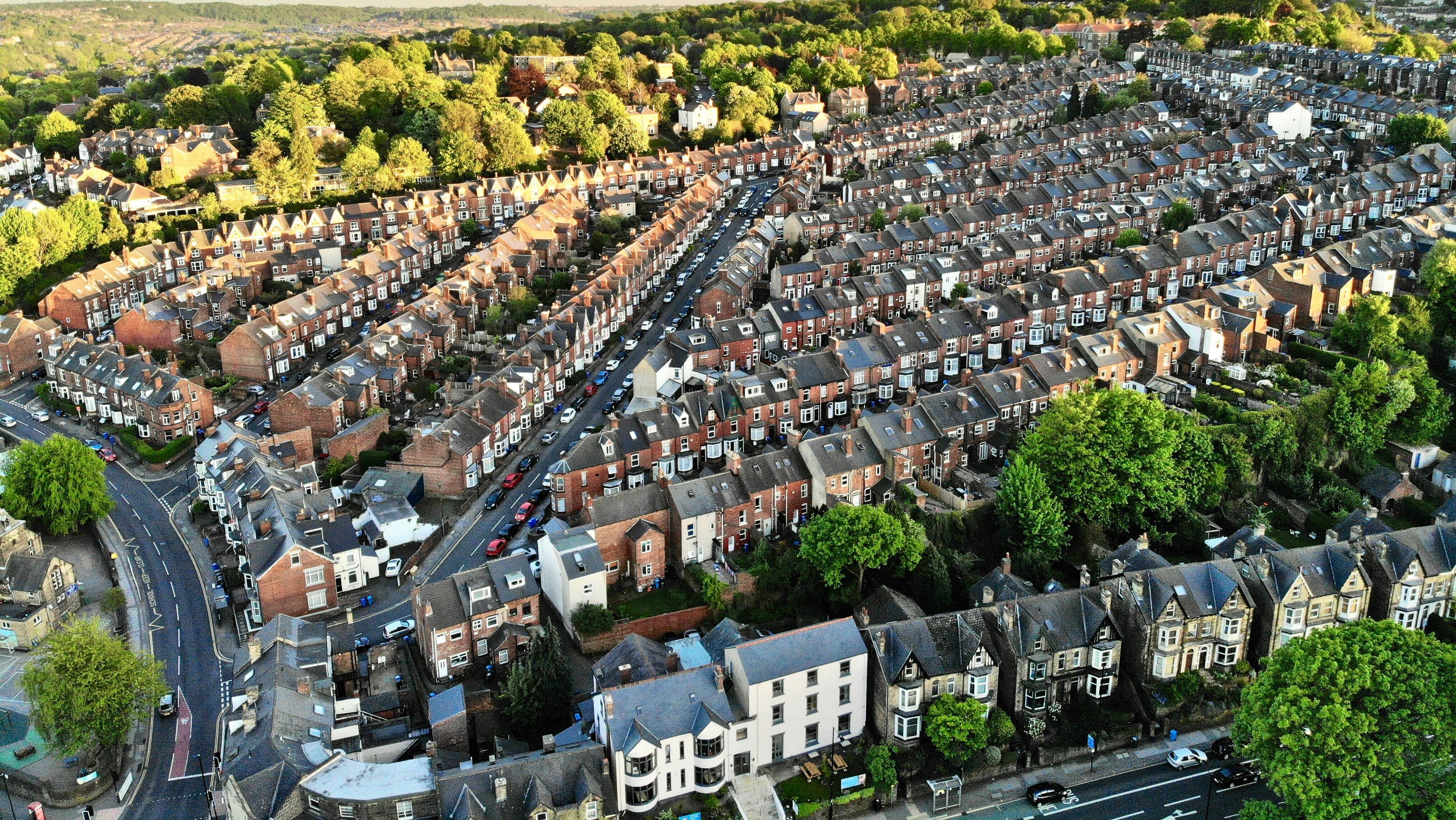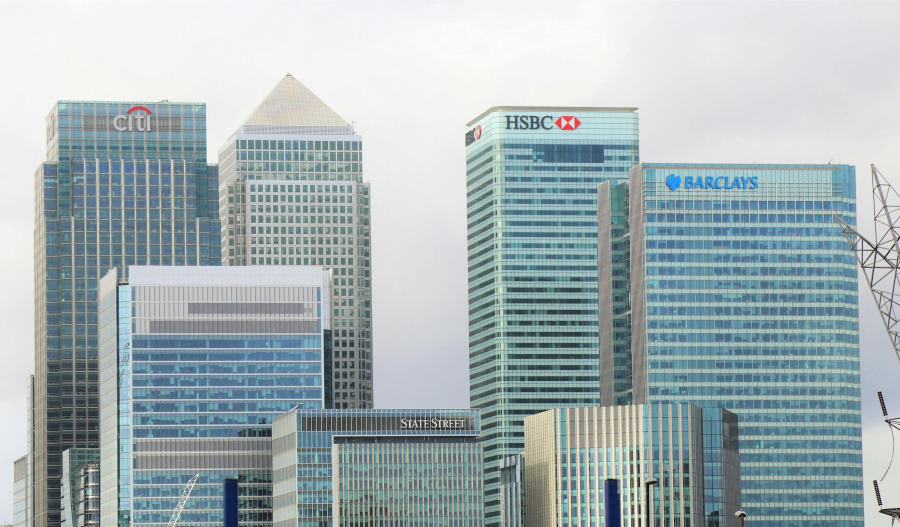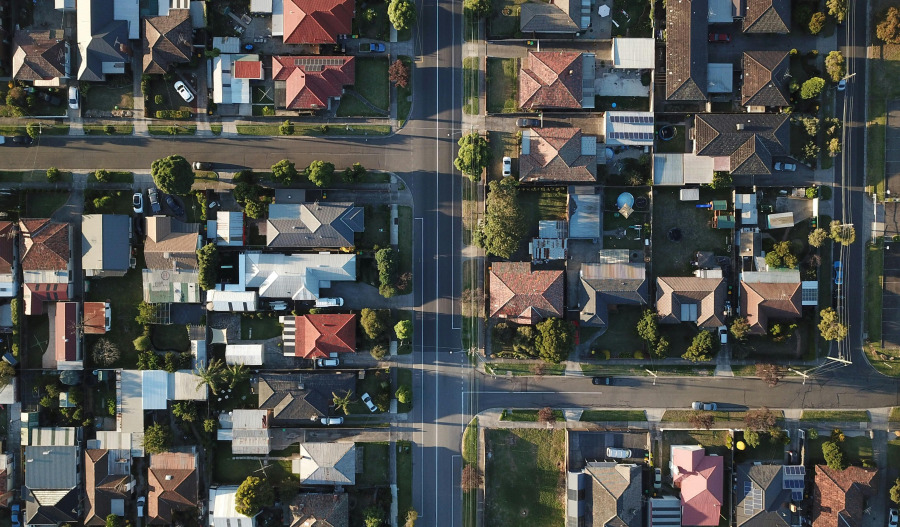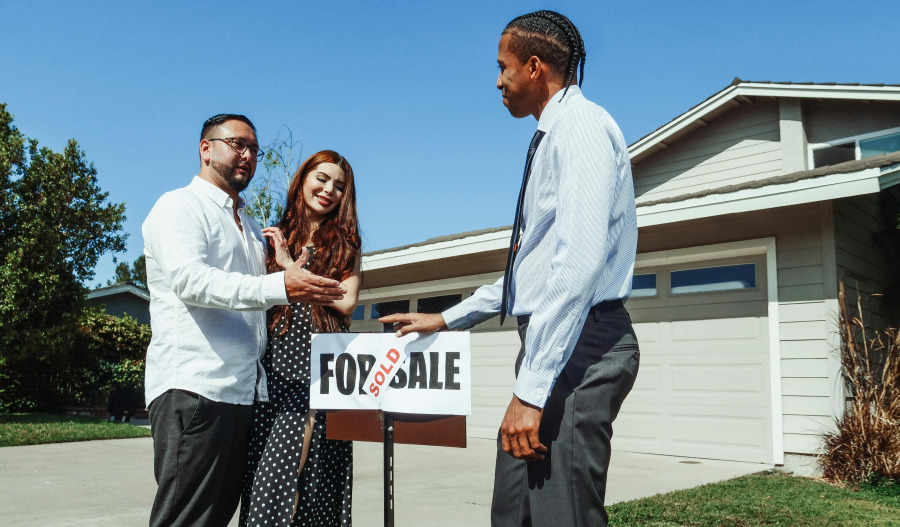Annual United Kingdom housing price growth softened to 2.1% as housing prices fell 0.1% month on month in August.
According to Nationwide, the average price fell from £272,664 in July to £271,079 in August.
Nationwide chief economist, Robert Gardner, said this is subdued given the cost-of-living crisis and high housing prices.
“Combined with the fact that mortgage costs are more than three times the levels prevailing in the wake of the pandemic, this means that the cost of servicing a mortgage is also a barrier for many,” he said.
“Indeed, an average earner buying the typical first-time buyer property with a 20% deposit faces a monthly mortgage payment equivalent to around 35% of their take-home pay, well above the long run average of 30%.”
However, Gardner said affordability may improve if income growth continues to outpace house growth as expected. He also said borrowing costs are likely to moderate if the Bank Rate is lowered again in the coming quarters.
The Bank of England’s monetary policy committee recently voted in August to cut the base rate by a quarter point to 4%.
According to Moneyfacts, the average two-year fixed mortgage rate was 4.96% at the end of August. The average rate for a five-year deal was 5%.
Research from Nationwide on housing stock also showed that typical property sizes have increased over the last decade.
“Since 2013, the average floor area has increased from 95.3m² to 96.2 m²,” he said.
“The largest increase has been in terraced houses, where the average floor area is 3.6% bigger than in 2013. But the average size of flat, the smallest property type, is now 1.7% smaller than 10 years ago at 60.3m².”
While English homes tend to be on the smaller end of the spectrum compared to their European neighbours, 87% of property owners said they had at least one spare bedroom.
“Remarkably, 53% are classified as being ‘under occupied’, that is to say they have two or more spare bedrooms,” Gardner said.
“The proportion of under occupied properties has been trending up over time. By contrast, in the private rented sector, only 16% of properties are ‘underoccupied’.”
This comes as inflation rose 3.8% in July, which was higher than expected, amid higher food and travel costs. This puts inflation above the central bank’s 2% target for the 10th month in a row, and the bank expects it to hit 4% in September.



